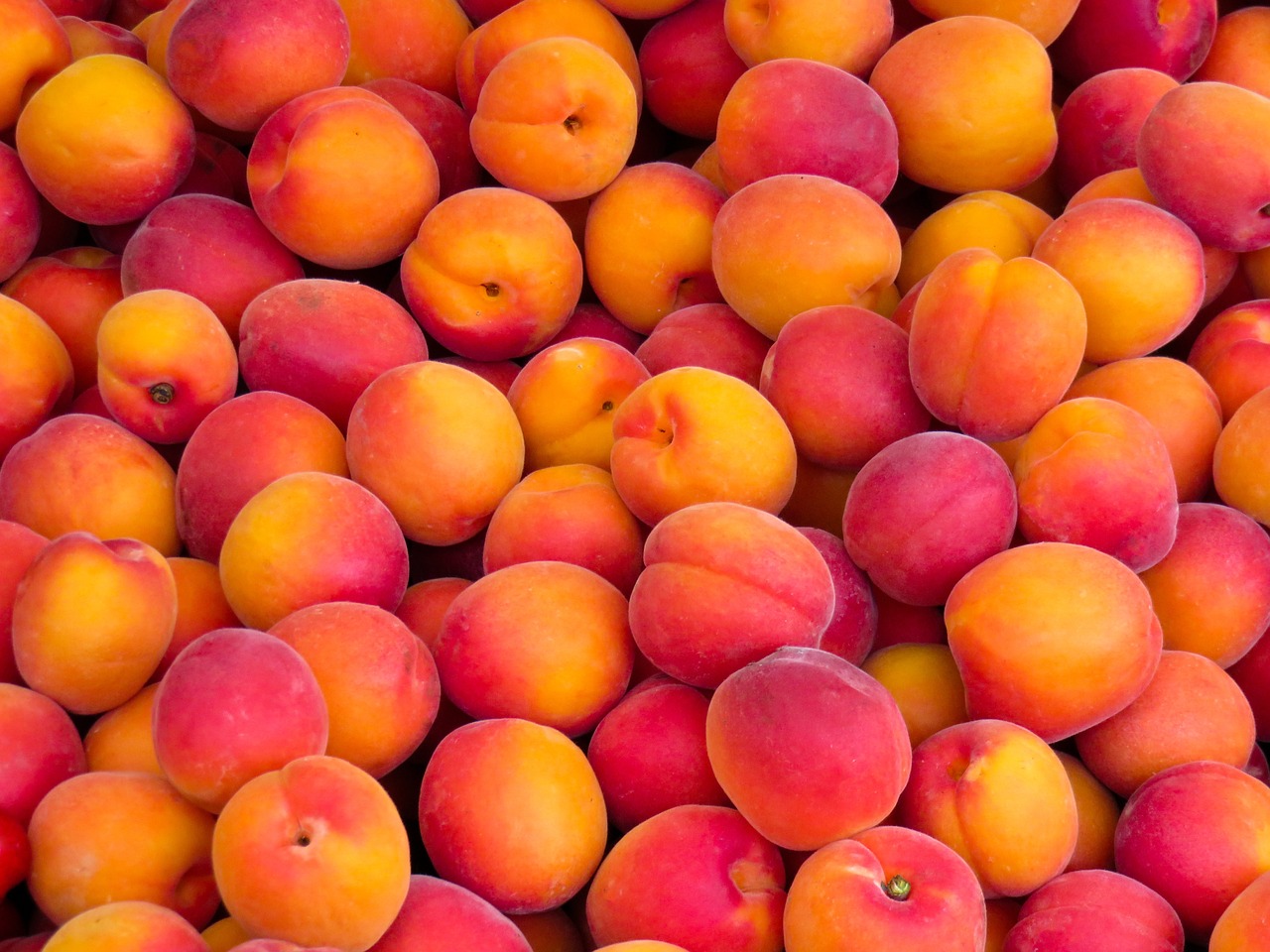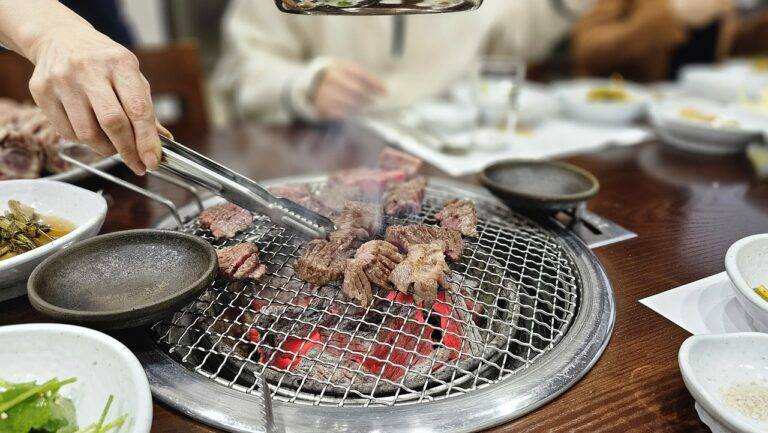From Niche to Mainstream: The Growth of Specialty Coffee Culture
Specialty coffee has a rich history rooted in the early days of coffee cultivation. Originating in Ethiopia, coffee spread across the Arabian Peninsula and eventually to Europe, where it became a popular beverage in the 17th century. The concept of high-quality, specialty coffee started to gain traction with the rise of coffee houses in Europe, as people began to appreciate the nuances of different coffee beans and brewing methods.
As the demand for specialty coffee grew, so did the cultivation and roasting techniques. With advancements in technology and transportation, people were able to access a wider variety of coffee beans from different regions around the world. This led to the development of coffee grading systems and certifications to distinguish specialty coffee from mass-produced blends. Today, the specialty coffee industry continues to thrive, with a focus on sustainability, direct trade relationships, and the celebration of coffee as a craft.
The Rise of Third Wave Coffee Movement
The Third Wave coffee movement marks a shift in the way consumers perceive and enjoy their daily brew. This movement places a strong emphasis on the quality of the coffee bean itself, from its origin to the way it is roasted and brewed. Gone are the days when coffee was simply a means to an end; it has now become an experience to be savored and appreciated.
Coffee shops that adhere to the Third Wave philosophy often source their beans directly from farmers, focusing on sustainable and ethical practices. They prioritize transparency in their supply chain, sharing information about the farms and processes behind each cup of coffee. This movement also highlights the importance of skillful brewing techniques, showcasing the flavors and nuances inherent in each type of bean.
Defining Specialty Coffee: What Sets it Apart?
Specialty coffee distinguishes itself through a stringent focus on quality and uniqueness. It encompasses beans that are of the highest grade, meticulously grown in optimal conditions, and expertly roasted to bring out their full flavor potential. This attention to detail extends to every step of the coffee-making process, with an emphasis on sustainability and ethical practices throughout the supply chain.
Moreover, what sets specialty coffee apart is the commitment to showcasing the diverse flavors and profiles of coffee. Instead of a one-size-fits-all approach, specialty coffee celebrates the nuances of different coffee varieties, regions, and processing methods. This results in a dynamic and enriching coffee experience for enthusiasts who savor the complexity and depth that each cup has to offer.





